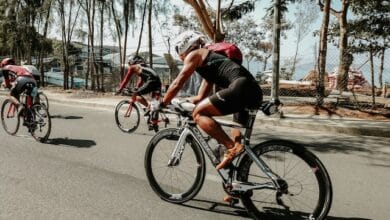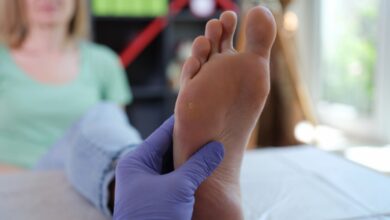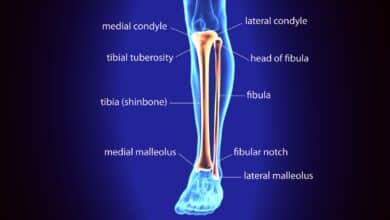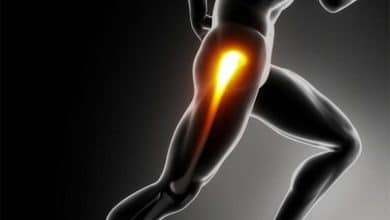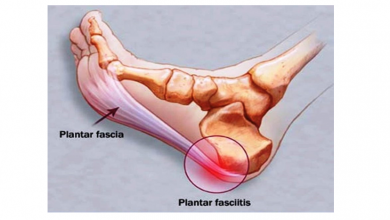The “fake” plantar fasciitis
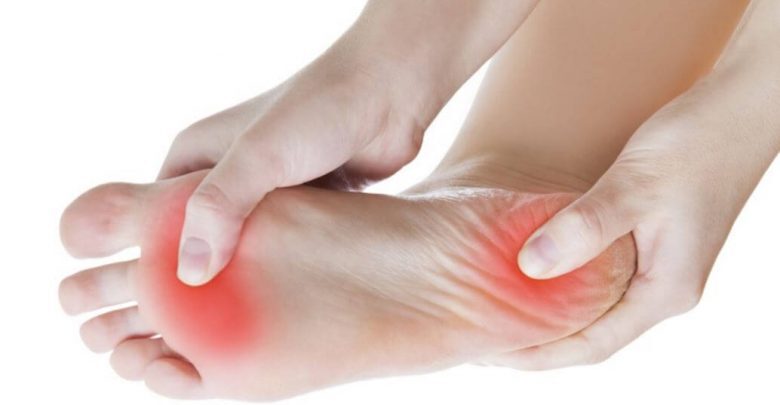
Often after numerous sessions of physiotherapy it is not possible to solve the pain of this injury. It is convenient to know that there are other structures that can cause pain in the same area that can often be confused with plantar fasciitis.
Our collaborator Clínica Fisiopinar tells us on this occasion about the "false" Plantar fasciitis, since sometimes there are other causes that can cause pain in the same area.
Plantar fasciitis is a very typical injury in runners which consists of acute inflammation of the plantar aponeurosis. Often after numerous sessions of physiotherapy, pain can not be resolved. It is convenient to know that there are other structures that can cause pain in the same area which can often be confused with a plantar fasciitis:
Tarsal tunnel syndrome:
Entrapment of the posterior tibial nerve as it passes through the internal malleolus. Its symptoms are pain in the plantar area and internal area, which increases in the load and decreases in rest, paresthesia or numbness of the area that can even rise to the twin, and muscle weakness.
Posterior tibial:
- Tenosynovitis : inflammation of the sheath that lines the posterior tibial tendon, which is one of the muscles responsible for forming the arch of the foot. Therefore, this injury can cause pain in the bridge and in the plantar area.
- Insertion tendonitis: this muscle is inserted into the scaphoid, that is, one of the bones that make up the plant and an inflammation in this area can cause a pain similar to fasciitis. The palpation of this point would be painful.
In the exploration a track would give us the position of the ankle in charge and with a posterior vision. If we find a foot in valgus (foot tucked in) could indicate more possibility that there are such injuries.
Other types of injuries:
Subtalar arthritis, metabolic processes, tumors...
To ensure the diagnosis, a complementary test should be performed magnetic resonance , ultrasound, electromyogram..
That's why it's important to know if a plantar fasciitis does not evolve, we would have to think that we probably have another pathology which has similar symptoms, so we should go to our orthopedic surgeon to perform complementary tests for a correct diagnosis for a treatment with a correct approach.
Contact Clinic Fisiopinar
Street of Caleruega, 18 28033 Madrid
T
Web: http: //www.clinicafisiopinar.es
Photo: Wikinutricion.com
There are no previous results.







